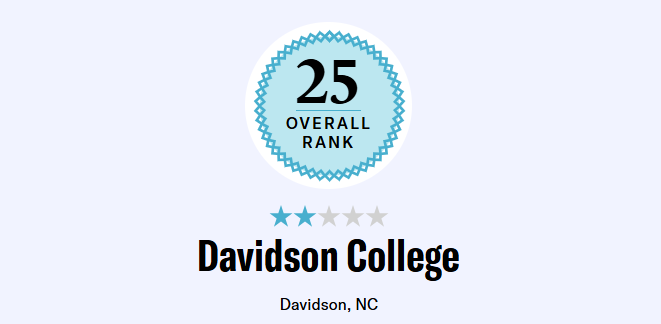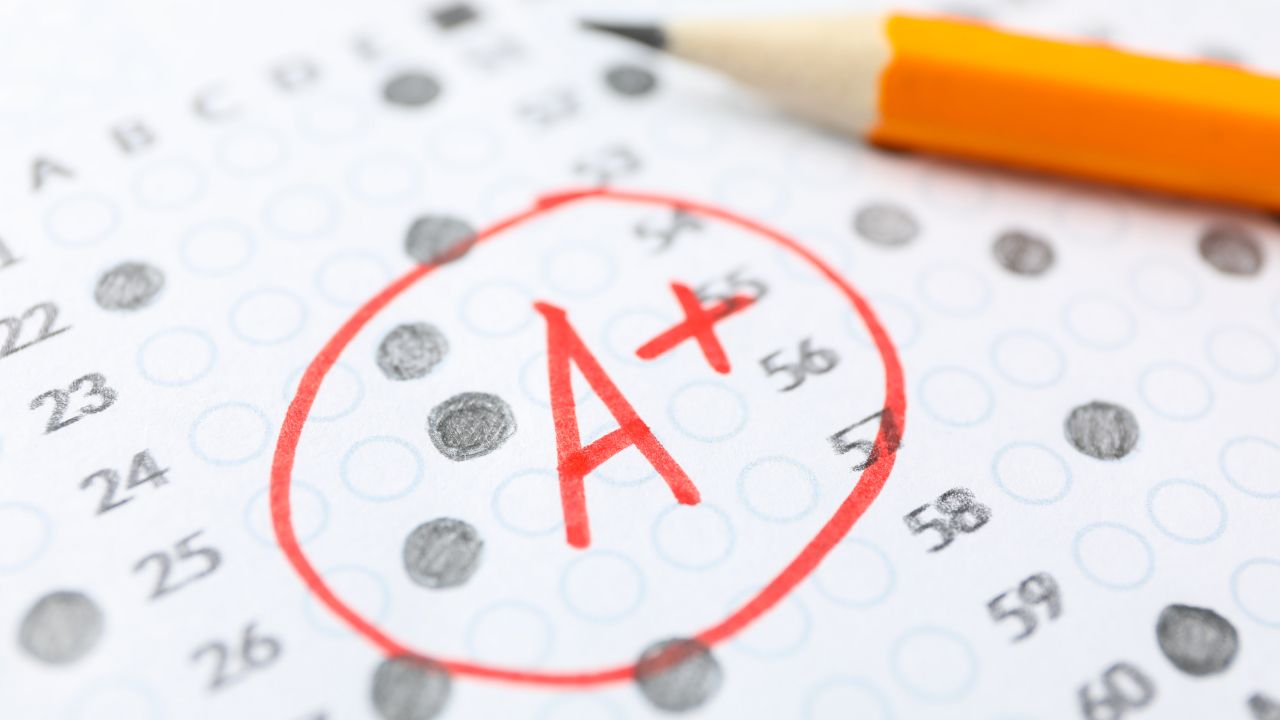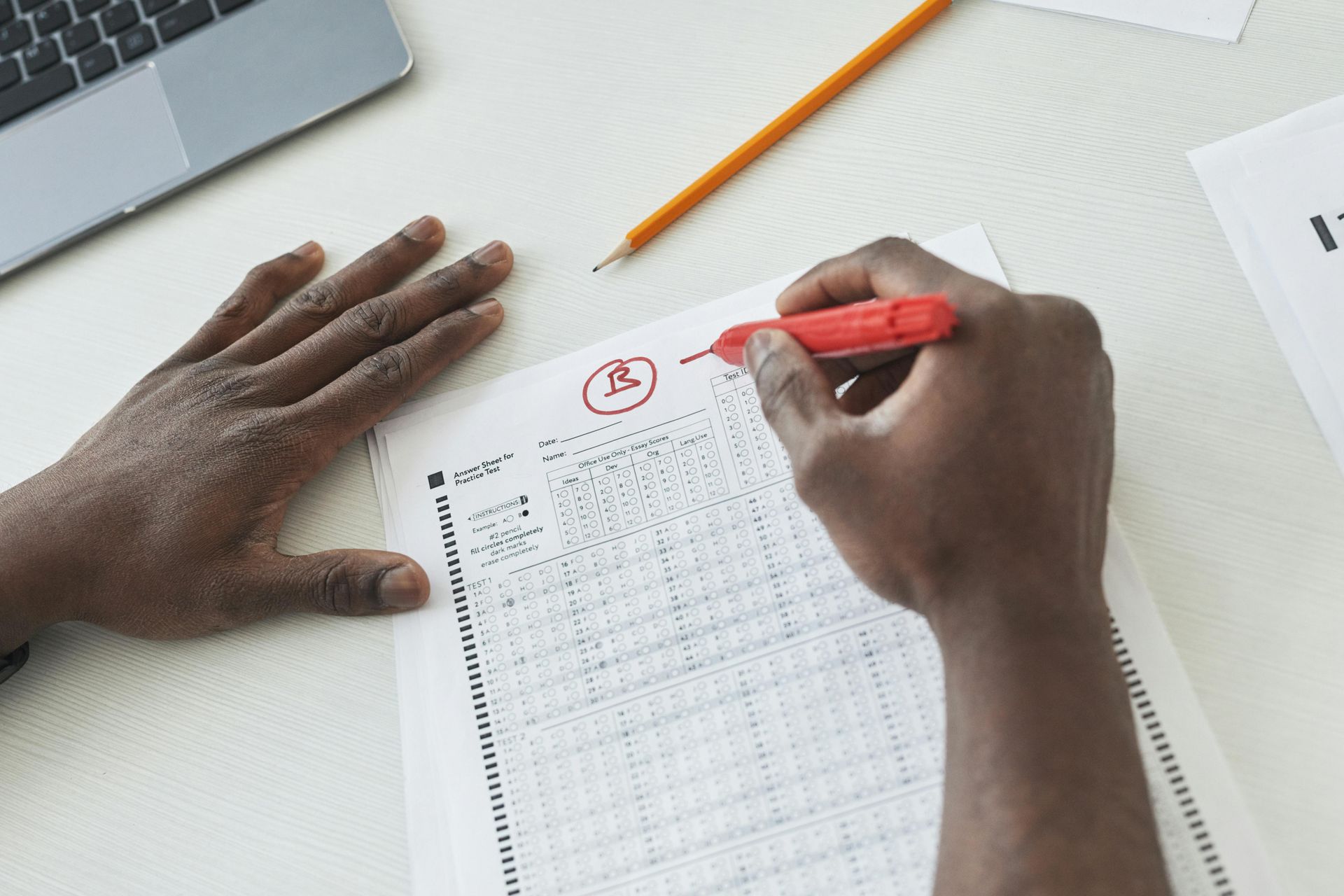A Free-Speech Fix for Our Divided Campuses
Clashes over the Israel-Hamas war show that, for the sake of American democracy, college students need to be taught how to disagree without fear or hatred.

By Suzanne Nossel
The Wall Street Journal
November 17, 2023
The Israel-Hamas war has created a crisis of protest and confrontation on American campuses. At Cooper Union in New York, pro-Palestinian student demonstrators pounded on the door of a library as fearful Jewish classmates sheltered inside. A Cornell undergraduate used a campus website to post threats to attack the school’s center for Jewish life. At Harvard, students who signed letters blaming Israel for Hamas’s attack saw their names emblazoned on a truck in Harvard Square and posted on websites in an effort to hurt their chances with potential employers. Both Brandeis and Columbia have taken steps to penalize pro-Palestinian student groups for activity they argue violates university policies, prompting charges that they are selectively suppressing activism.
As the conflict continues in the Middle East, college students are alternately emboldened and alarmed, faculty are at loggerheads, donors are irate, and college presidents are embattled. But the crisis presents an opportunity. Amid the turmoil, there is a chance to ask how our campuses reached this point and, more important, what they can do to become places where differences of background and viewpoint serve as catalysts for understanding and growth rather than for tribalism and conflict.
The American university has been the envy of the world not just because of its excellence in research and scholarship but as an incubator of democratic citizenship—a place where students learn to live with peers from vastly different settings, to forge friendships and professional networks that transcend social, economic and ideological divides, and to open their minds to new ideas and disciplines.
Grappling with the current crisis on campus demands more than open letters to alumni or action plans to combat antisemitism or Islamophobia. It requires a comprehensive rethinking of how American universities can fulfill their role as a free market of ideas and a factory of pluralism, teaching students the values and skills they need to resist polarization and ensure the survival of our teetering democracy.
Genuine pluralism is a relative latecomer to American universities. For most of their history, they were organized and operated as they were originally founded, as training grounds for generations of elite, white men. Women and Blacks were often kept out entirely, Jews subject to quotas. Discriminatory laws and practices and high tuition long conspired to exclude racial and ethnic minorities and the poor. Since the 1960s, thanks to civil-rights laws, affirmative action, financial aid and other policies, the gates gradually opened, producing student bodies that are much more racially, ethnically and socioeconomically diverse.
Universities adapted to this new student population by hiring more diverse faculty, broadening curricular offerings and creating academic programs and social centers that give Jewish, Black, Asian-American, Latino, international and other students a home on campus and the opportunity to celebrate and build on their identities. They created diversity, equity and inclusion (DEI) offices, focused on sensitizing campuses to differences, supporting minorities and dealing with incidents of bias.
But new barriers have emerged that keep students from having meaningful encounters with people unlike themselves. Some of this is accidental. More stringent rules about drinking alcohol have pushed social activities out of the dorms and to off-campus venues. One result is that groups based on racial, ethnic and gender identity, on sports teams or on other niche interests have become more central to student life, often at the expense of more broadly inclusive gatherings.
As campuses have become more heterogeneous, many students also have chosen to sort themselves more assertively into cohorts based on wealth, social status and educational background. At Harvard, elite clubs that once catered to a small fraction of well-heeled male students now serve a more diverse but no less privileged group of students, intensifying the social hierarchies of campus life. Yale has seen the rise of fraternities and sororities, and the Yale Political Union, a student group long famous for wide-ranging debates, has fragmented to the point where much of the debating occurs within rather than between the different parties.
At the same time, certain conceptions of diversity and equity have hardened into orthodoxy. Students who question the ideas of identity groups or the aims of social-justice movements can be stigmatized, and debates over topics like abortion, immigration and affirmative action may be effectively shut down because students fear offending someone or being publicly accused of racism or bias. A team at Stanford University was ridiculed earlier this year for promulgating a list of terms, like “chief” and “manpower,” that it considered potentially harmful because they might reinforce stereotypes.
Like trigger warnings, the withdrawal of invitations for controversial speakers, and calls to discipline faculty for what they say on social media, Stanford’s list of verboten terms was based on the misconception that accommodating diversity requires restrictions on potentially offensive speech. Such strictures, in turn, fuel the grievances of students and faculty who believe that political correctness muzzles the full range of viewpoints necessary for open debate. The result has been a counterproductive cycle, in which the more a campus embraces diversity, the more Balkanized it may become.
While these challenges are not new to university leaders, the current crisis offers an opening to break the cycle. Assembling diverse student bodies is necessary but not sufficient when it comes to cultivating an interconnected citizenry. To help repair our ruptured society, universities require a new vision of how to encourage students to know and respect one another, to neither tiptoe around their differences nor use them to bigfoot or sidestep others. Campuses need to foster encounters among diverse students that do not simply underscore their differences but generate empathy—an essential bond for a pluralistic society.
A crucial element in this effort has to be educating students, faculty and staff in the principles of free speech and academic freedom. These precepts are enshrined in the First Amendment of the Constitution, and they have been adopted as policies by virtually every major private university. But on campus they largely receive lip service, not sustained instruction. A survey this fall revealed that two-thirds of college students believe it is sometimes acceptable to shout down a controversial campus speaker and that a quarter think it is sometimes OK to use violence to stop someone from speaking on campus.
Basic education on sexual harassment, assault and consent is now universal on college campuses, partly to protect the university from legal liability. So is education about academic offenses like plagiarism. The fundamentals of free speech demand no less attention, not just to avoid damaging controversies and lawsuits but to safeguard the university’s basic mission.
Students and faculty alike need to understand what kinds of speech are and are not protected and why. But more than that, they need to see that free speech is most valuable not as a weapon to wield against ideological opponents but as a tool in the search for common truths. Among top universities, the University of Chicago has taken a lead on these issues, making free-speech awareness a key part of orientation programs for undergraduates and law students and recently launching a new campus center to reinforce those efforts.
But free-speech education must not end there. Today’s students have come of age in the era of social media, where speech too often consists of short, angry ideological salvos. The speech promoted by engagement-driven algorithms is long on outrage and virtue-signaling, short on nuance, balance and basic politeness. It teaches young people a discourse of absolutes—the antithesis of the pluralistic give-and-take that our society so desperately needs.
Universities must provide an alternative. During the short years that students share meals, dorm life and classes with those unlike themselves, they need to be taught how to use the power of speech, how to listen and how to grasp and hold the complexities of a pluralistic society. They need to be prompted to use words conscientiously, in ways that won’t inadvertently cause offense or shut down conversation.
Universities also need to reinforce the idea that hateful speech, though protected by the First Amendment, is still contemptible and thwarts reasoned discourse. Classroom discussions should probe how intent and context shape the meaning of speech and how the same speech can land very differently depending on the listener.
Rather than shying away from uncomfortable subjects, professors should encourage students to hear out ideas that may be upsetting and learn how to regulate their own feelings and reactions. Written assignments should give students practice in using measured, persuasive terms to voice controversial ideas and challenge orthodoxies. Faculty advisers should help student organizations to plan and practice protests in ways that may be boisterous but do not impinge on the speech rights of others.
Students also need to learn more about one another outside the classroom—the experiences, ideologies, traditions, traumas and histories of those with backgrounds unlike their own. Historically, this side of college education has happened at campus cultural events, meals in the dining hall and late-night gab sessions in dorm rooms, but universities should not just assume that such encounters are occurring. They need to take an active role in creating lively, engaging spaces where students can cross boundaries, open up, tell their stories and be heard.
Turning universities into thriving free-speech communities is not a matter of a one-time freshman orientation or, worse, click-thru online training. What is required is a whole-of-university approach, supported by donors and alumni. Presidents and provosts, student affairs offices, residential staff, faculty, administrators and even facilities and security personnel need to understand and embrace the norms and habits of democratic discourse. They need tools and techniques to help guide students toward more constructive, elucidating exchanges.
They also need to demonstrate the behaviors they seek to inculcate by ensuring that heterodox views are represented in academic departments, hosting debates between speakers who sharply disagree and facilitating meetings where contentious subjects are discussed. In recent days, some campuses and scholars have modeled this approach. The Jewish and Middle Eastern Studies departments at Dartmouth hosted joint events about the Israel-Hamas war, and the deans of the policy schools at Columbia and Princeton—one of them Israeli, the other Palestinian—wrote an essay together on how to keep dialogue going.
Such practices are important, but they only go so far. Students need to be invested in the very idea of living peaceably with others in a diverse society. They need to understand that their lives will be richer, more rewarding and more successful if they can form relationships with those unlike themselves and work together to bridge differences.
Anyone in the American workforce recognizes that the ability to work effectively with those from different backgrounds is a core skill in today’s economy. When selective colleges are assembling their incoming classes, they should seek out students with a track record of reaching across boundaries and an avowed readiness to do so on campus. Admissions essays and interview questions should test whether students evince open-mindedness and the capacity to persuade others and to be persuaded in turn. Universities should incentivize and reward unlikely collaborations among students and faculty willing to cross divides. They should find ways to foster a social life that does not depend solely on identity affiliations or membership in exclusive clubs.
It is not beyond hope that, if sound leadership can emerge and persevere, the devastation of the present moment on American campuses may usher in a new era of reconciliation. U.S. higher education has faced serious challenges before, but none is more important just now than creating a campus culture that can help to knit together our diverse and sharply divided society.



